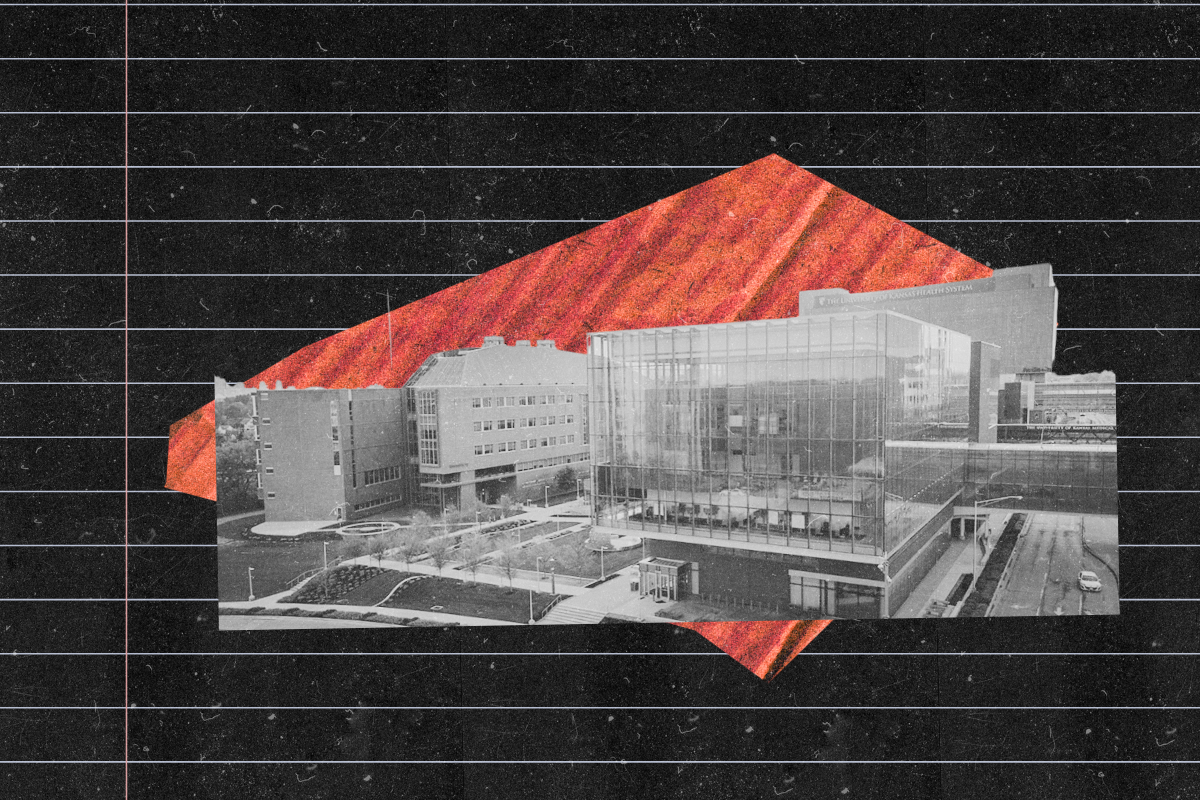This essay is part of Hey Alma’s series on what it’s like to be a Jewish college student in response to October 7, the 2024 Israel-Hamas war and campus protests. Click here to read the full range of voices.
I am a non-traditional student at the University of Kansas; I started college when I was 25. I am also Israeli, though I often refer to myself as a “Florentine-it”: shorthand for being one of those Meretz-voting, leftist, bisexual types who hang out at cafes with their dog and cycle everywhere. However, before South Tel Aviv, I lived two kilometers from the border with Gaza, in Kibbutz Nir Oz. More than 100 people from my community were either murdered or taken hostage. Many of my friends are still hostages.
On the kibbutz, there was a decommissioned bomb shelter turned gym. Now it’s burnt rubble. But sometimes during Hamas’s rocket attacks, I’d sit on the roof and experience an overwhelming sense of awe, confronting my smallness in the world and the enormity of violence. Since October 7, I’ve watched my classmates struggle with their feelings of insignificance as tertiary stakeholders in a distant war. However, as the humanitarian crisis in Gaza has grown, so has the transformation of their feelings from smallness into anger.
My friendships have also suffered during this time. Non-Jewish friends who initially supported me during my grieving process have gradually stopped checking in on me. I do not blame them, the weight of loss and war is difficult to hold. However, my Jewish friends, including those who identify as anti-Zionist, have been wonderfully supportive. While I don’t believe all criticism of Israel is inherently antisemitic, there can be overlap. Specifically, I draw a hard line at the word “intifada” and any praise of Hamas or justification of violence. Some friends’ willingness to engage in these conversations has diminished as the war has continued. In November, when a conversation with an acquaintance turned sour, they told me, “There are no Israeli civilians.” The statement hurt doubly because I hadn’t shared with them my identity as Jewish or Israeli and it was the same day Hamas released my friend. This person is now a campus protest leader.
I do not see concern for Palestinians as a threat. The future of Kibbutz Nir Oz, and the surrounding communities, depends entirely on building a shared future of dignity and peace. Survivorship is the tie that binds. The hands in the soil rebuilding will be both of ours. I struggle to see how campus activism, currently entangled with its most violent voices, helps to bring about this future. As a leftist Israeli, I understand how the most well-intentioned movements can be engulfed and undermined by their most radical and violent factions. Part of effective leadership involves acknowledging and disavowing instances of incitement to violence and hate speech as they occur. I welcome support for Palestinian statehood, but I am disappointed to hear it voiced alongside support for the same group that murdered my friends.
I don’t feel comfortable at campus protests or counter-protests. There seems to be a hostility towards nuance that makes me feel unwelcome. Also, yelling is not my vibe; I’m very emotionally fragile these days. Thankfully, a week of inclement weather and tornado warnings have kept the protests at my school small. But, as I wrote in an email to my philosophy professor explaining why I was missing my final: “I respect others’ right to assembly and free speech; however, I need to put some distance between myself and the rhetoric floating around campus.” Maybe if I weren’t grieving the massacre of my community, I would feel differently; however, if I weren’t grieving the massacre of my community, this wouldn’t be happening.
— Devorah Klein from Kansas City, MO; University of Kansas, Class of 2024



